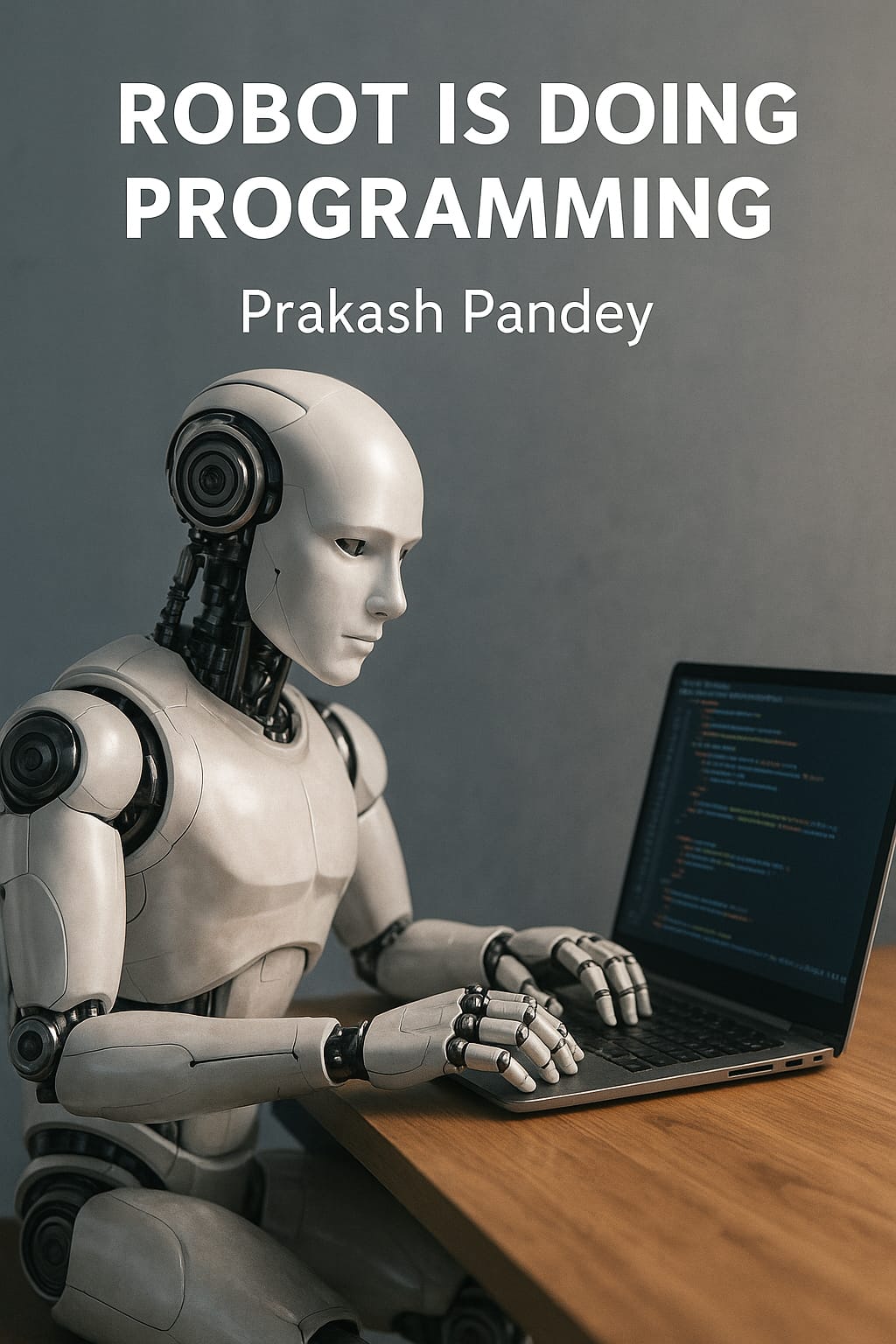AI-Powered Robots Now Writing Code, Reshaping the Future of Programming

By Prakash Pandey | April 20, 2025
Mumbai, India – In a groundbreaking leap forward in artificial intelligence and robotics, AI-powered robots are now independently writing computer code, signaling a future where machines may share—or even take over—the role of software developers. This fusion of machine learning, robotics, and natural language processing has led to the creation of AI agents that not only understand human instructions but can also translate them into functional, efficient code.
At the forefront of this revolution is OpenAI’s latest innovation, the o4-mini model, which can autonomously browse the internet, write and debug code, and even deploy software. This advanced agent is part of a broader push by tech leaders to develop self-reliant digital assistants capable of tackling complex tasks without human supervision.
Meanwhile, Microsoft’s research arm has unveiled "Magma," an AI agent that integrates vision and language capabilities to control both software applications and robotic systems. In testing, Magma was able to write simple Python scripts and perform end-to-end software workflows with minimal guidance.
In the academic world, AutoMisty, a new multi-agent framework developed by researchers, is enabling robots to receive natural language instructions and generate executable code in real time. This means that a robot can now be told, “Create a dashboard that displays today’s weather and news,” and it will not only understand the request but also code the solution from scratch.
The open-source community is also fueling this transformation. Hugging Face’s recent acquisition of Pollen Robotics has put the spotlight on Reachy 2, a humanoid robot being trained to perform not just physical tasks, but cognitive programming tasks as well.
Experts believe that this could be a pivotal moment in tech history. “We are entering an era where coding is no longer limited to humans. With AI agents capable of learning and adapting, we’re looking at a future where development cycles become dramatically faster and more accessible,” said Dr. Ananya Mehta, an AI researcher at IIT Bombay.
While the benefits are immense—faster development, fewer human errors, and democratized access to programming—concerns remain around ethics, job displacement, and AI accountability. Still, the consensus is clear: AI agents are not here to replace humans, but to work alongside them, augmenting capabilities and unlocking new possibilities.
As robots begin to code, the lines between human creativity and machine intelligence continue to blur. The world of programming may never be the same again.






